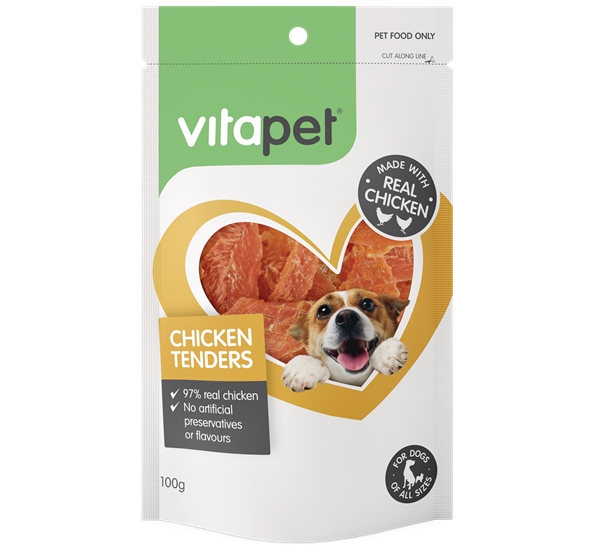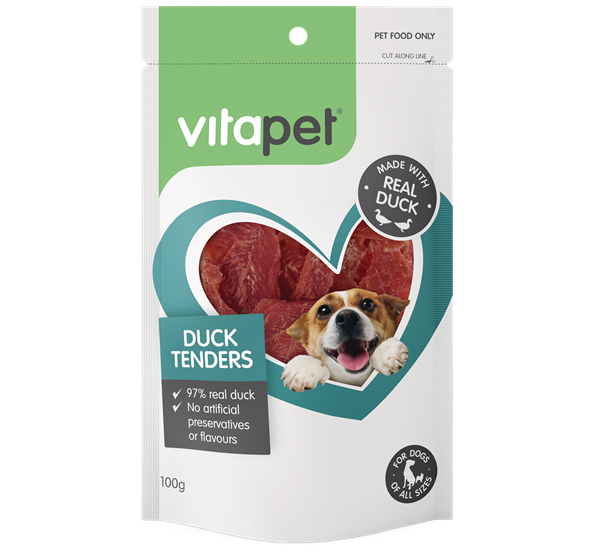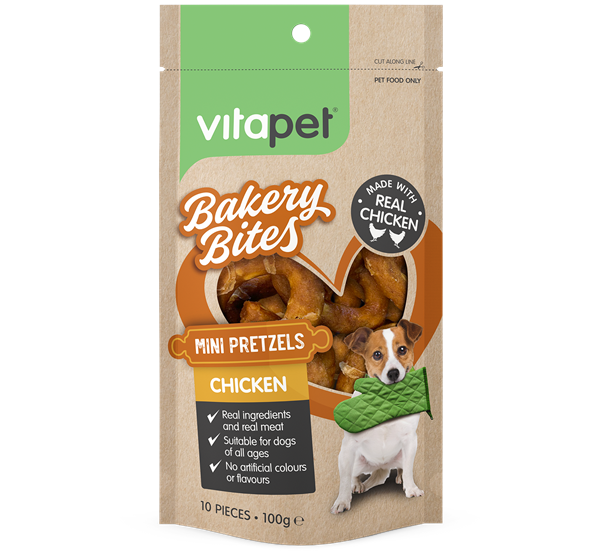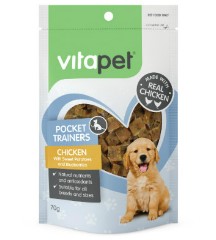Our four-legged friends love giving themselves a good scratch from time to time. However, it’s important that as they do, you make sure they haven’t caught any creepy crawlers. Parasites like fleas, worms and ticks can cause diseases in our pets and can take a long time to get under control.
Below we’ve detailed how to look out for these parasites and, if they’ve managed to hitch a ride on your pooch or feline, what you can do to help them shake these unwanted passengers off.
How do pets catch fleas?
We’re all familiar with these little pests. Fleas love to sneak their way onto your pet’s coat or fur and make themselves a nice little home there.
Cats and dogs can pick them up anywhere another infested animal has passed thought, e.g. at the local park or even a friend’s house.
As a host, they drop flea eggs everywhere, which hatch and jump aboard our pet once they sense the warmth and vibration of another body. Female fleas lay up to 50 eggs a day on your pooch, which drop off onto carpets, couches and even – wait for it – your bedding. Yes, we know – gross.
What’s more, you’ll only find 5% of the entire flea population on pets. The remaining 95% can be found in the environment. And if that’s not enough, these flea eggs can also easily attach to clothing and shoes, explaining why your ‘indoor only’ pets can also catch these unwanted guests. Here they remain until they sense the presence of another animal, at which time they hatch, jump aboard the fur train and the cycle begins again.
Treating fleas
Getting rid of fleas certainly isn’t a ‘quick fix’. In fact, it can take up to three months to get the cycle under control, which is why prevention is always the smarter option.
Flea treatment should be administered regularly throughout the year and regardless of the season. If your pet has caught them, vacuum carpets in your home more regularly and wash your pet’s bedding at a high temperature.
For most pets, topical flea treatments work very well but there are also oral versions, which are handy for pets who swim a lot or in households with young children.
Treating worms
These squirmy freeloaders have lots of sneaky ways to catch a ride with your pet, making prevention quite difficult. Luckily, treatment for worms is simple and incredibly effective. However, worming is typically not a vaccine against future attacks, so regular treatment is essential to your pet’s health.
That’s why you should also treat all animals in your household at the same time.
If you own a little pup or kitten, you should worm them more frequently than adults. Worming is usually instantly effective, but if you’re still concerned, your vet can perform a faecal test to assess the frequency and efficacy of your worming regime.
Symptoms of worm infestation to look out for include:
- Diarrhoea
- Poor stamina
- Stark weight loss
Watch out: Most worms are zoonotic parasites, meaning they can be passed from your pet to you.
Ticks
We love giving our pets a hug and often find it hard to let go – interestingly, ticks seem to feel the same way. So much so, they don’t mind burrowing themselves into your pet’s skin, holding on for dear life. There are different types of ticks and their effects vary depending on which side of the ditch you and your four-legged friend reside.
You can bet that – just like other crawlers – ticks living in Australia don’t always play nice. They can cause very serious harm to your pet, the biggest one being tick paralysis, which is caused by the appropriately named Australian paralysis tick (Ixodes holocyclus).
It’s mostly found along the east coast of Australia, ranging all the way from north Queensland to eastern Victoria. The toxins in their saliva can cause paralysis and death in cats and dogs. And if that wasn’t bad enough, it’s also very difficult to tell apart from other types of ticks, so you can never be quite sure what you’re dealing with.
Tips: When it comes to ticks, it’s better to be safe, use tick prevention products and contact your vet if you’ve found a tick on your furry mate.
These three parasites can be a real pain for your pet and in some cases, be difficult to get rid of. But as long as you take precautions, keep an eye out, and treat any symptoms that arise, you can be sure the only scratches your pet gets are good ones from you.























